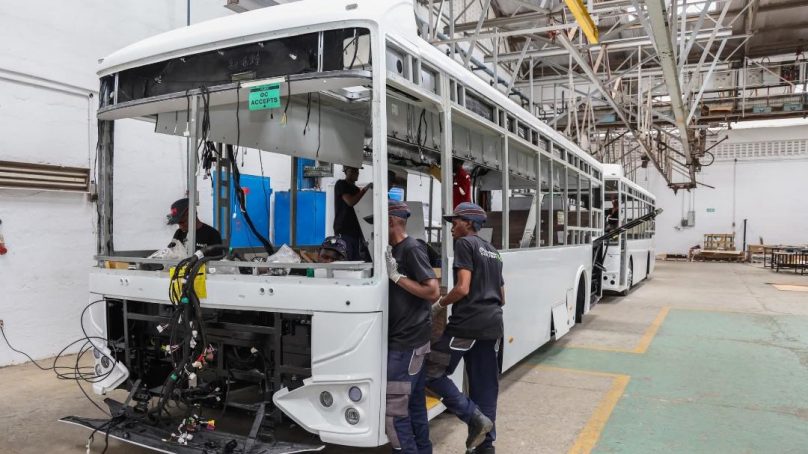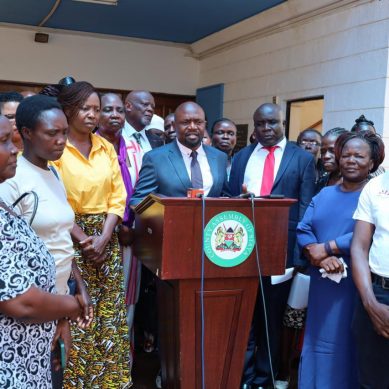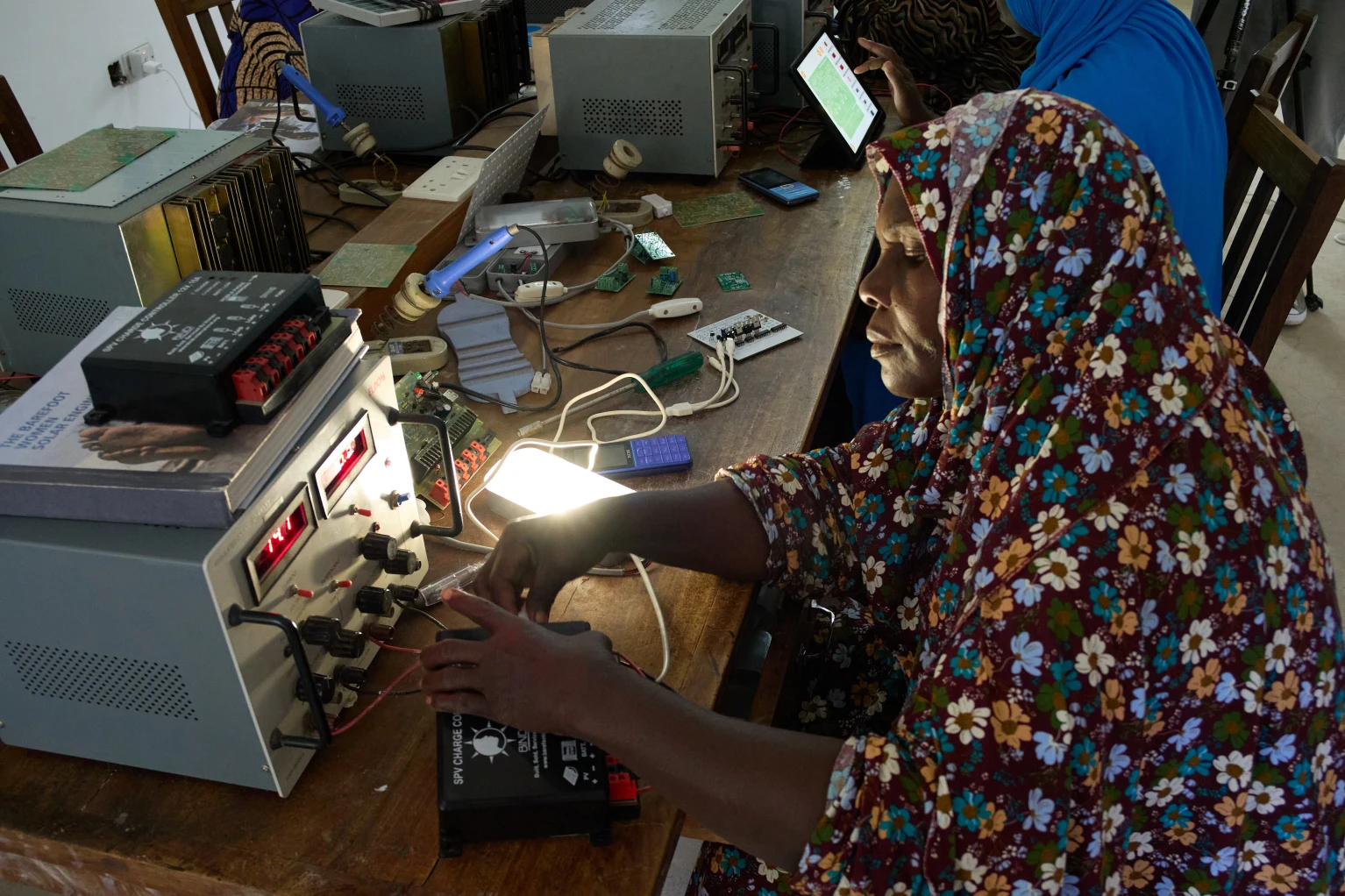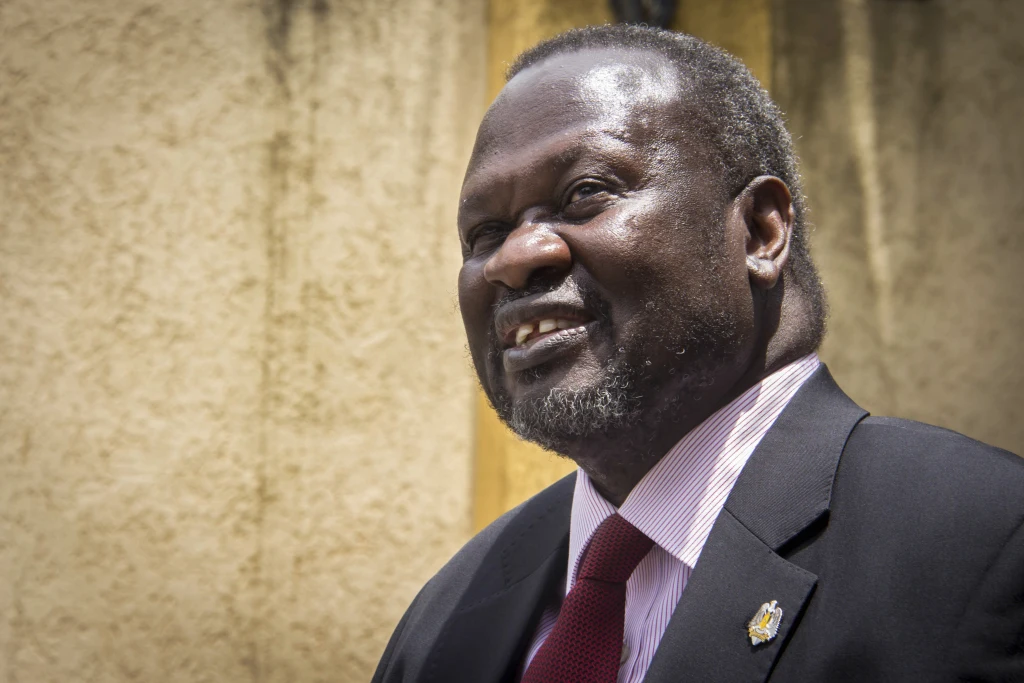
Kenya has announced plans to support local vehicle manufacturers as it accelerates the country’s transition to electric mobility in a bid to build a sustainable transport system.
Investment, Trade and Industry Cabinet Secretary Lee Kinyanjui said the transition will cut the over reliance on petroleum imports, noting that petroleum remains the single largest import at the national level.
Speaking in Thika during the signing of a strategic partnership between Kenya Vehicle Manufacturers (KVM) and electric mobility firm BasiGo, Kinyanjui said the government has rolled out an automotive policy that gives preferential treatment to locally assembled vehicles.
He added that fully imported vehicles will attract higher taxes, while locally assembled ones will benefit from incentives to spur subsidiary industries that can produce components cheaply and reliably, while creating jobs across the manufacturing value chain.
“Companies that manufacture vehicle parts, such as wheels, seats and glass will get incentives. The plan is to encourage local content in vehicle production so that we build a strong automotive ecosystem,” said Kinyanjui. “This will not only support assemblers but also help small and medium enterprises enter the supply chain.”
He also highlighted President William Ruto’s recent visit to Japan where Kenya secured a Ksh13.1 billion ($101.3 million) concessional loan to support local companies in vehicle parts manufacturing.
“It’s now an opportunity for vehicle manufacturers to embark on the manufacture of vehicle body parts including glasses, wheels, main body among other parts. The loan facility will enable entrepreneurs with the capacity for body building and component production to access affordable credit and become key suppliers in the industry.
The KVM-BasiGo partnership will see the local assembly of King Long electric buses at KVM’s Thika facility, leveraging KVM’s decades of assembly expertise and BasiGo’s innovation in e-mobility. The initiative is expected to create jobs, enhance skills and strengthen Kenya’s position as a regional automotive hub.
CFAO Mobility Kenya, which acquired a 99 per cent stake in KVM last year through a Ksh2.3 billion ($17.8 million) investment, pledged to expand capacity with new assembly lines, a 15,000 square meter logistics warehouse and a world-class training school, according to Deputy Managing Director, Joshua Anya.
BasiGo Managing Director Moses Nderitu said local assembly would lower costs for operators while delivering sustainable economic impact.
Matatu sector players welcomed the partnership, although CitiHopa CEO Judy Thuo raised concerns about high electricity costs that make operations expensive.
“The government should now be working towards reducing the cost of power, if it is to effectively oversee the transition because the cost of operating these electric buses is expensive,” said Ms Thuo.
CS Kinyanjui assured that his ministry is working with that of energy to address the power issue to ensure a smooth transition.
- A Tell Media / KNA report / By Muoki Charles







